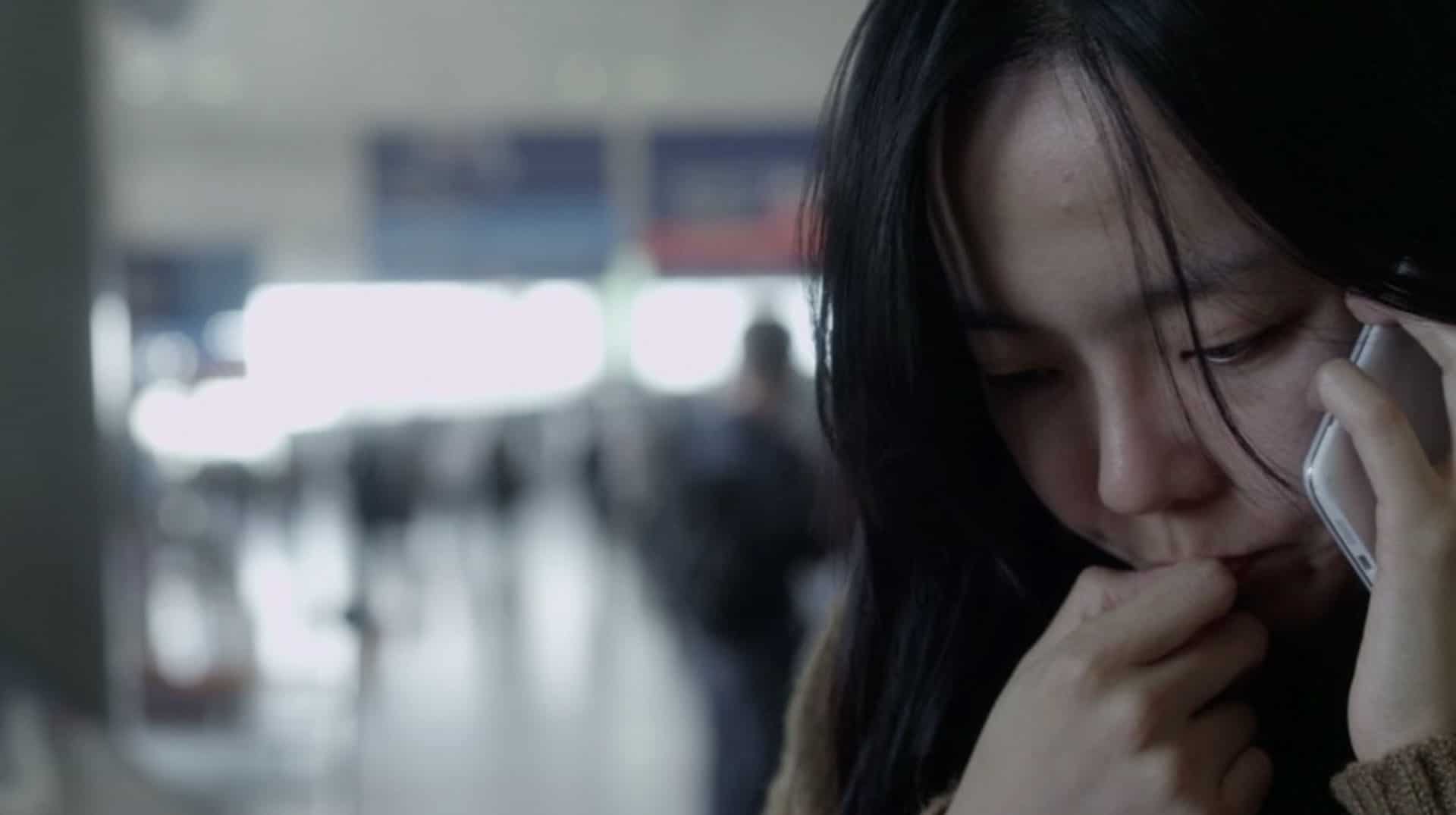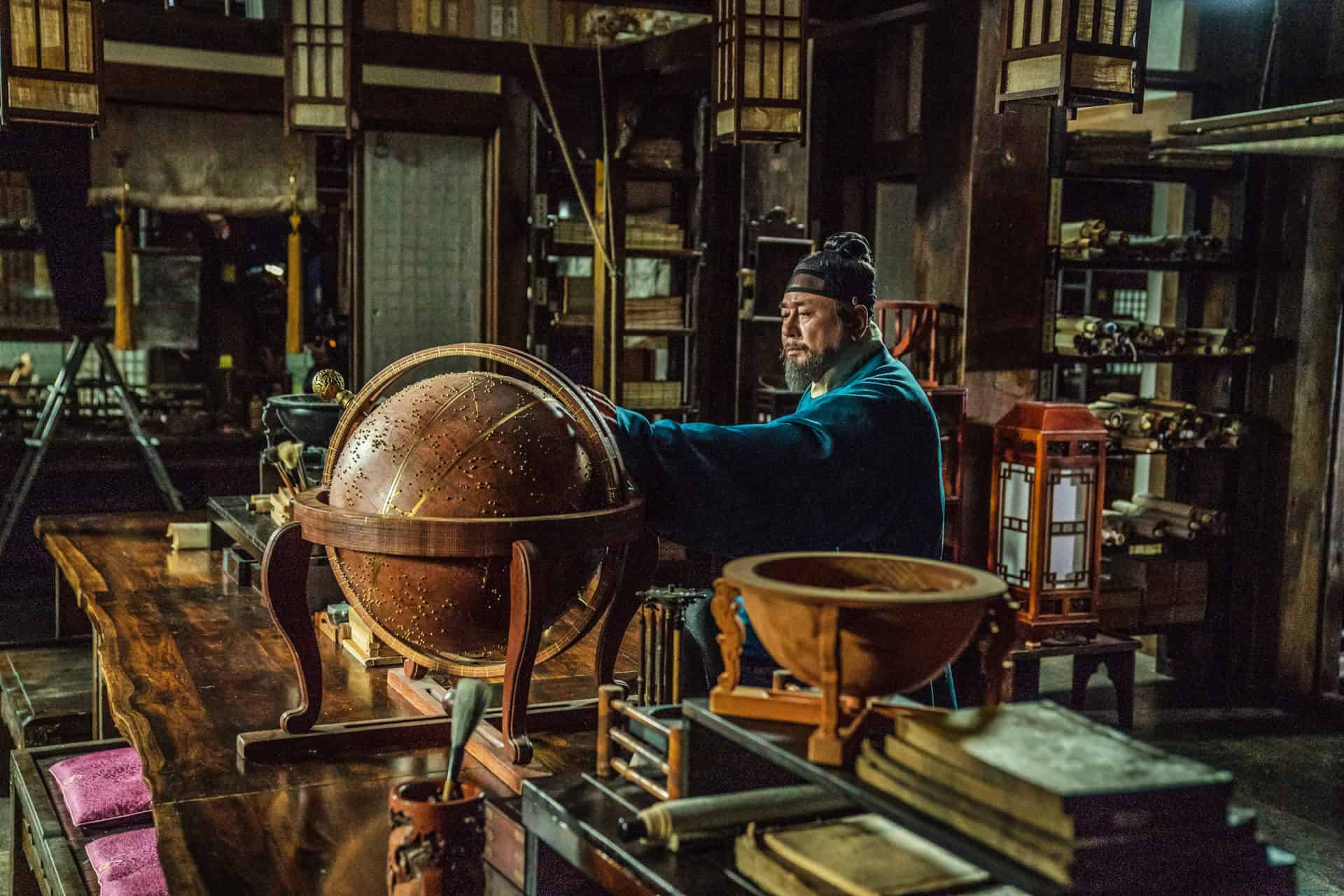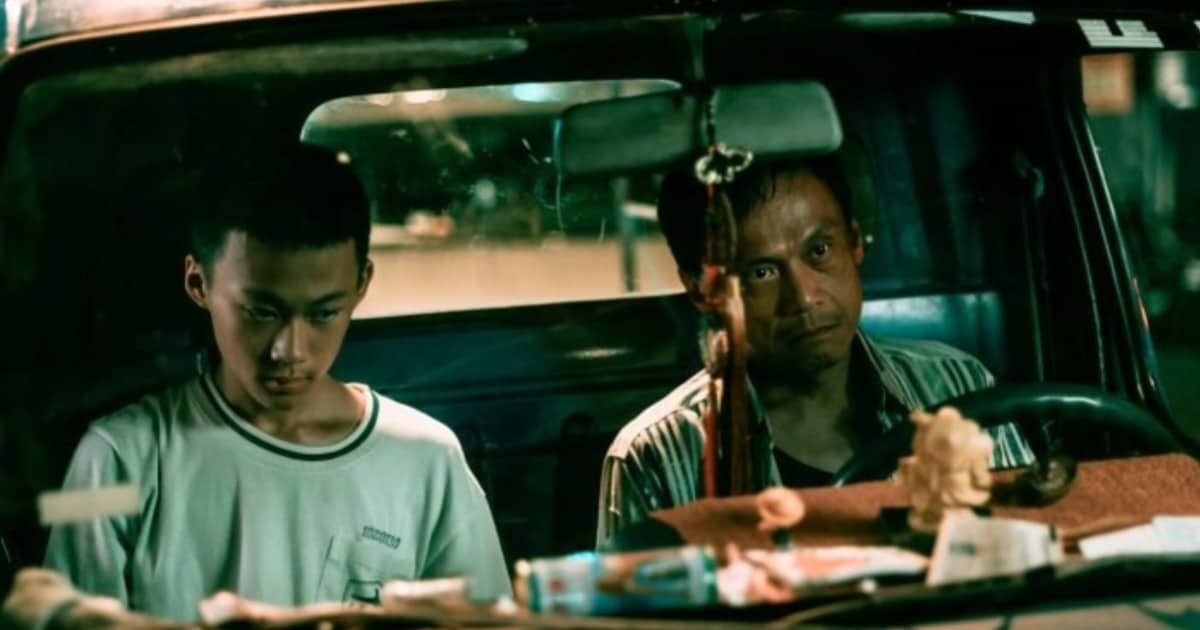If there is a film (or films) meant to represent Japan's nowadays society/economy in a nutshell, that could be this 6 hour epic journey called “Wilderness: Part 1” & “Wilderness: Part 2”. And although we are talking about two films here, Wilderness is really one film split in two, since both parts directly depend on each other. Directed by Yoshiyuki Kishi and starring outstanding actors such as Masaki Suda, Ik-june Yang, Yusuke Santamaria, Akari Kinoshita and Tae Kimura among others.
Wilderness: Part 1 & 2 is screening at Nippon Connection

The context is set on the very near future in Japan, the year 2021. On the one hand, we have Shinji, one of the main protagonists of the story. Shinji is a young boy who has been involved in street gangs in the past and who has just been released from prison. Filled with hatred and with a clear goal due to the consequences that his violent past has left him, Shinji looks for his own destiny in a small boxing gym. On the other hand, we have Kenji, our second fundamental protagonist of the story. Kenji is an introvert and a shy boy who has a mild speech impairment that prevents him to speak correctly. Due to his difficult relationship with his aggressive father, with whom he is continually in conflict, Kenji presents clear traumas. As fate would have it, Kenj will also end up joining the same boxing gym as Shinji. United from different reasons, but after all for similar goals, Shinji and Kenji will form a close friendship from that moment on.
Wilderness part 1 & 2 is both a story of friendship, a social drama, a story of revenge and a story about sports, although this last thing is more of some sort of envelope for the film. The context of the movie is located in the near future, the year 2021, but it could well be this current year or any year of the near past, as it represents clear current problems that Japan is experiencing at the time, such as unemployment and the continuous suicides of the citizens. And although at first it could seem that all these social issues that are introduced in the film do not have much to do with the main core of the story, the truth of the matter is that all those themes are the main reason the two protagonists are as they are, and those issues are the reason why the story is the way it is, so not only it has much to do with the film's essence, but it is extremely well represented.

The direction that Yosiyuki Kishi gives to the film is simply perfect, endowed with an intimate and personal touch that, although the story is based on the homonymous novel by Shuji Terayama, you can tell that the director has put a lot of effort and affection to the film and that he connects very well with the story. Taking advantage at all times of the few environments in which the conflict develops (streets, the gym, office and a bar among a few other major places), “Wilderness: Part 1 & 2” has that touch of good independent cinema. The construction of the characters, mainly those of Shinji and Kenji (although it is also necessary to emphasize at the one of Yoshiko played by Akari Kinoshita), is simply brilliant. Little by little, we are keeping a record on how each character is. Shinji is an impulsive and extroverted adolescent of violent character, full of hate, while Kenji is a shy and introverted man a little older than Shinji with strong traumas of the past, but somehow they find a strong union that brings them together.
Another of the film's strengths is the script adaptation by Yoshiyuki Kishi and Takehiko Minato, keeping the pacing right all the time, slow and meaningful. The great success and strength of “Wilderness” is to have created such strong characters that you care of, because all those boxing match scenes will not make any sense at all if the characters that are there fighting do not matter to you, and this is not an easy task to do. On the other hand, the look of the film that the DP Kozo Natsumi creates is also to praise, approaching with mid shots and close-ups to the characters at all times, connecting more with them.

In short, “Wilderness Part 1 & 2” form an incredible story of tormented characters in a rotten and depressing society that has turned them that way, and even if you have to watch the two films separately, they really count as one, so it is advisable to see the second part immediately followed by the first, or at most, see the second part a few days after having seen the first.
“Wilderness: Part 1 & 2” may not be well remembered in the future. It also may not have much impact due to the distribution or due to the fact that it's a “small” independent film, but the reality is that it deserves all that and more. It deserves to become an instant classic of modern Japanese cinema, and without a doubt, it will leave you crying at the end.















